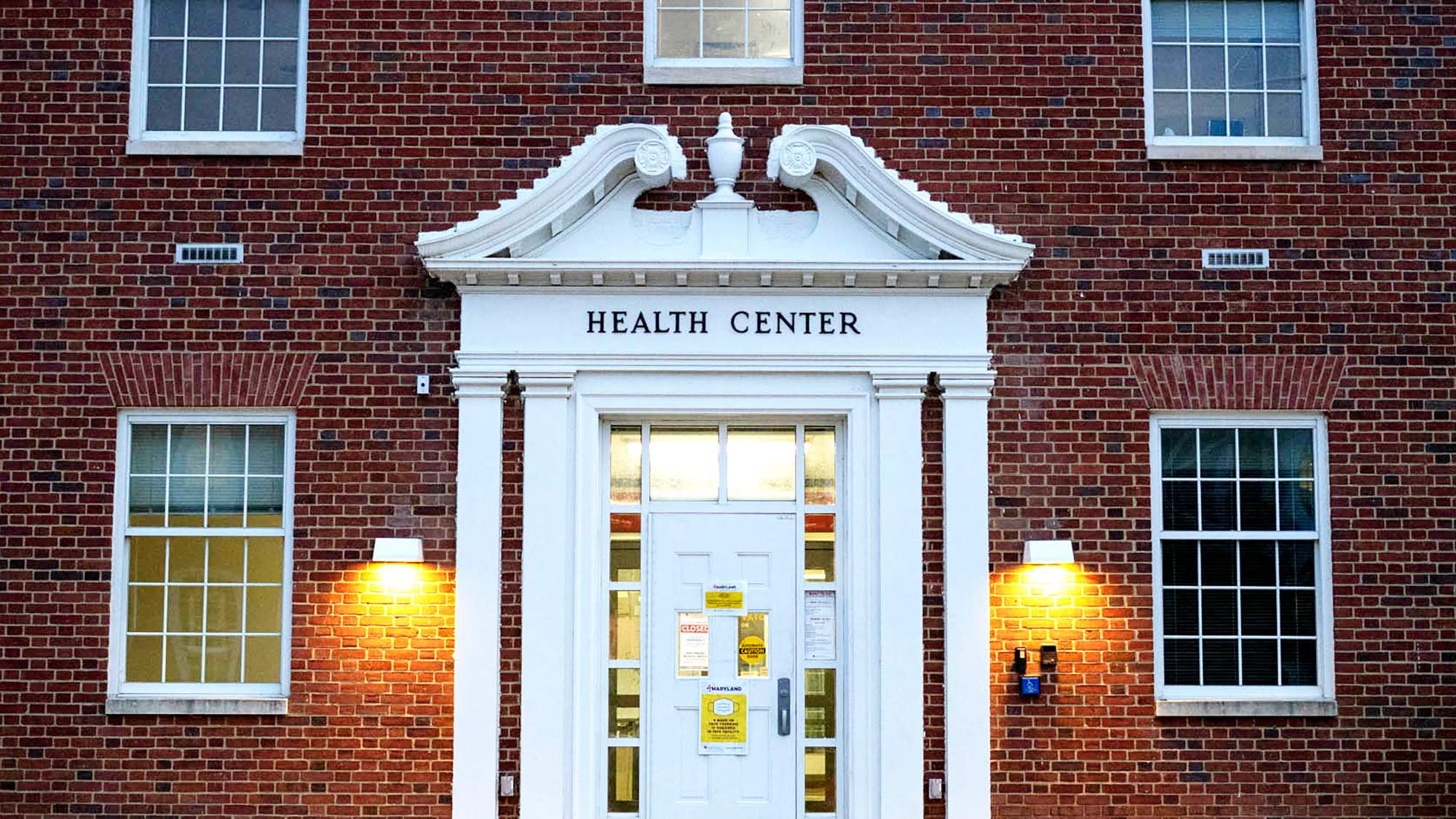The Maryland Health Department launched a new commission to improve health equity statewide — a move some University of Maryland community members say is necessary.
The commission comes amid a pandemic that has disproportionately affected communities of color and exposed health inequities nationwide. In Maryland, the early vaccine rollout failed to inoculate many Black Marylanders — leading to the creation of a group to improve vaccine equity.
The state created the commission after the passage of the Shirley Nathan Pulliam Health Equity Act of 2021 earlier this year. The commission will identify ways to monitor and advance health equity and give advice on issues of racial, ethnic, cultural or socioeconomic health disparities, among other responsibilities.
The commission will consist of two subcommittees: the health equity policy committee and the data advisory committee. The health equity policy committee will advise on implementing a statewide health equity framework and the data advisory committee will make recommendations on how data collection can improve health equity.
Over the next few months, the commission will be focusing on data to analyze the health equity situation in Maryland, said Steve Schuh, the chair of the commission.
[Black faculty, staff speak out against racism at UMD during BFSA town hall]
“It’s all about the data,” said Schuh, who is also the state health department’s deputy secretary for health care financing and Medicaid.
The commission will work closely with academic institutions, including this university, to create data sets on different medical results to identify health disparities between groups.
This university already has its own health equity center, which launched in 2010. Stephen B. Thomas, the director of the center, said the creation of the state committee is a positive step forward.
At the same time, he said the membership of the commission is important. The commission is composed of a state delegate, a state senator and department employees, among many others.
“The key is who’s on the commission, so that it is not just window dressing, but it is actually taking action,” Thomas said.
But for health equity initiatives to be successful, experts say systemic issues need to be addressed.
Dr. Jennifer D. Roberts, an associate professor in kinesiology at this university, said some policies related to zoning in neighborhoods, historical redlining and other connections need to be looked at to improve health equity, in addition to the quality of medical services and schools.
“That’s one of the main solutions as opposed to just putting a bandaid on the surface of the problem,” Roberts said.
The commission will look at a lot of these issues that can exacerbate health inequities such as housing and education, state Sen. Mary Washington said.
[UMD school of public health hosts panel on nature and mental health]
“Health care disparity is rooted in racism and is rooted in discrimination,” said Washington, a member of the commission.
The state has already made efforts to improve health equity during the pandemic.
GoVAX Maryland, which started in 2020, is a mobile vaccination effort that attempts to reach vulnerable Maryland populations.
Thomas said he’s worked the past 15 years to determine how to bring health care services back into the Black community by partnering through barber shops and salons.
In May, this university partnered with Luminis Health for a vaccination effort at a Hyattsville barbershop. Some hospitals have been reaching out to Thomas for initiatives such as diabetes education in barber shops.
“I think the commission is going to go a long way to raising awareness among the medical professionals,” Thomas said. “You can’t assume that the medical professionals and hospital systems know what it means to pivot to health equity.”



